Setting the Record Straight: Q&A on Offshore Wind in New England
Don’t believe the disinformation. We can develop offshore wind and meet our renewable energy goals while protecting the marine environment.
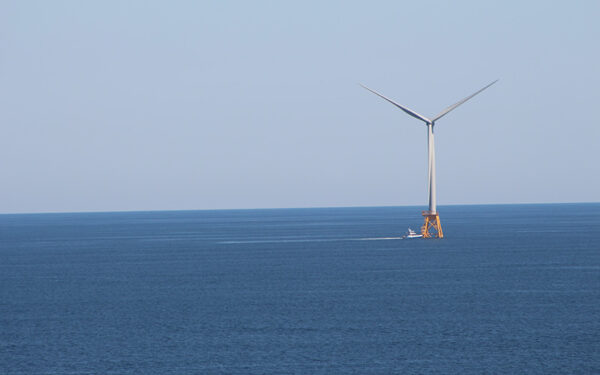
Don’t believe the disinformation. We can develop offshore wind and meet our renewable energy goals while protecting the marine environment.

“This is a historic moment that’s been years in the making,” said CLF President Bradley Campbell. “It’s proof positive that New England’s transition away from polluting fossil fuels and towards clean, renewable energy is underway in earnest. We must now quadruple the rate of clean energy deployment, and New England is where it can be done responsibly.”
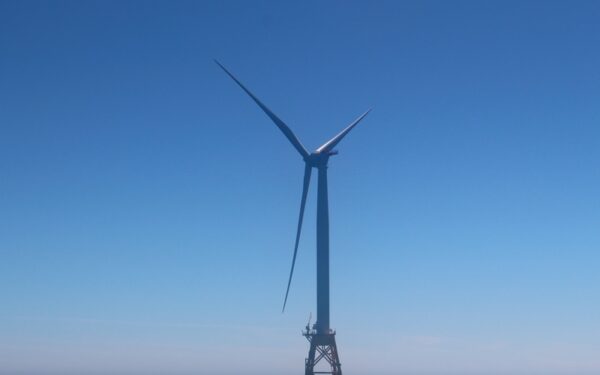
By providing our country with clean, renewable energy, those tiny lines on the far horizon mean thousands of families won’t face the sickness and shortened lives that are required to produce fossil fuel energy.
Maine’s Board of Environmental Protection’s straw poll indicates the members’ positions on both standards preceding a formal, final decision that will take place at the end of December.
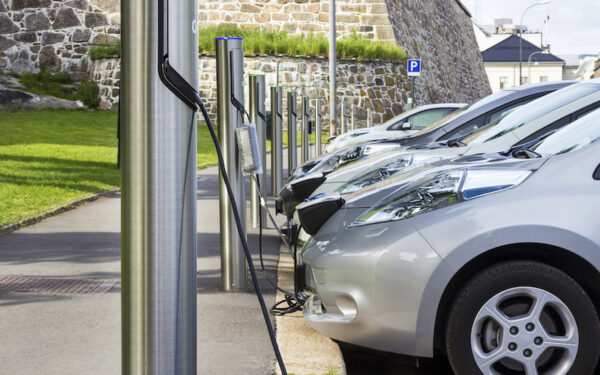
Microgrids will provide communities with energy independence, resilience, and security in the face of extreme weather.
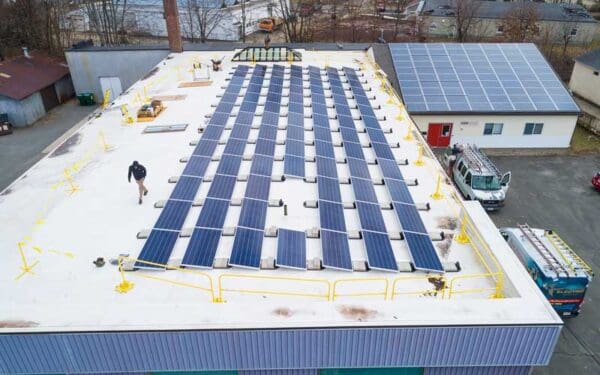
The Twin States Clean Energy Link would run from New Hampshire into Vermont and connect to Canada, bringing clean energy into and out of the region.

“The DPU absolutely came to the right conclusion here: dangerous, polluting fossil fuel gas and so-called renewable natural gas are not the future of heating,” said Caitlin Peale Sloan, Vice President of CLF Massachusetts. “It will take huge investments to make this transition, and we cannot increase the burden on low- and moderate-income families in the process. We still have a lot of work to do to reach our climate and emissions goals, but today’s order puts us on the right path for years to come.”
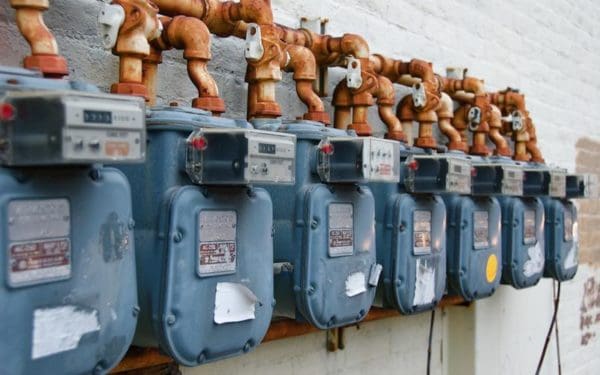
The 100-acre ExxonMobil tank farm in Everett will not be allowed to store fuel anymore as a result of a settlement agreement between the company and the Conservation Law Foundation. “This is a facility where ExxonMobil, which has known through work by its own scientists about the risks of extreme weather to their facilities, has done nothing to prepare for extreme storms,” said foundation President Brad Campbell.
“We welcome ExxonMobil’s decision to resolve this litigation, make the facility closure permanent, and market the site for cleaner and safer uses,” said CLF President Brad Campbell. In settling the case, CLF has obtained an enforceable prohibition on the property ever being used for polluting bulk fossil fuel storage.
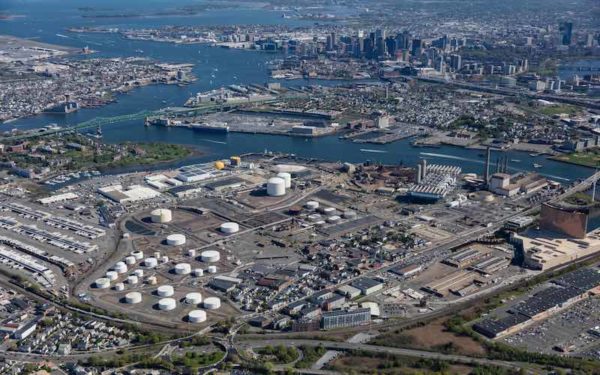
CLF president Bradley Campbell said in a statement that its settlement with Exxon “should put operators of similar climate-vulnerable facilities on notice that they cannot turn a blind eye to the extreme weather dangers driven by climate change.”